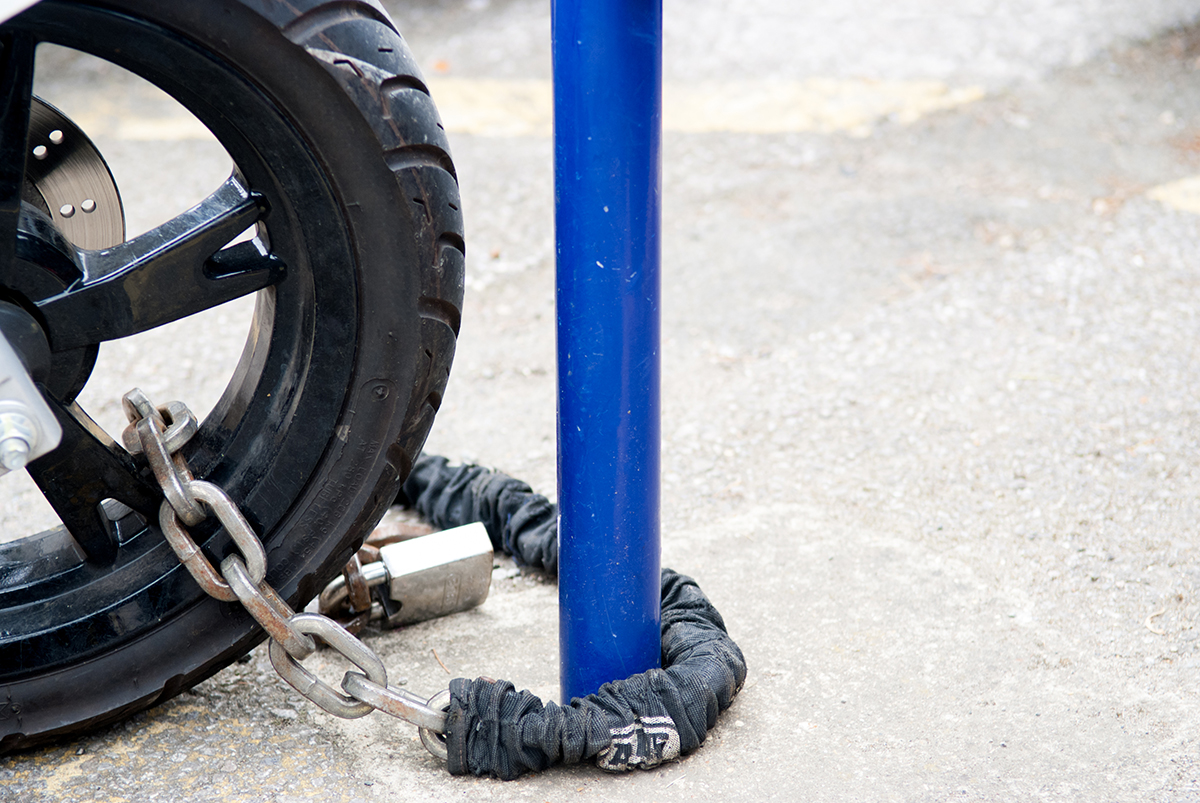Make comfort & safety a priority with these essential tips for leaving your little ones at home unattended
Even if it’s just for an hour, leaving your child home alone for the first time is a big step, and there’s a lot to consider.
For a child who’s ready for the responsibility, it can be an affirming experience that elevates their sense of independence and self-esteem.
But before you entrust them with an empty house, it’s crucial to ensure they’re fully prepared and that you’re leaving them in a safe home environment.
The seven guidelines below will help you manage and minimize the risks of leaving your child home alone, so you can progress through this meaningful milestone with peace of mind.
The Home Alone Checklist
There’s so much to think about and prepare for before leaving your child at home unattended.
Along with their maturity level, there’s everything from the general safety of your home to your state’s laws on leaving children home alone to consider.
So, to make things as easy as possible, we put the following checklist together—complete with all the precautions to take and questions to ask yourself before getting started.
- First, do some research to find out if your state has a minimum legal age for children to be left home alone. In some states, like Illinois (14 years old) and Maryland (8 years old), it’s a crime to leave children at home unattended if they don’t meet the minimum age requirements.
- Ask yourself: Does your child feel comfortable with the idea of being at home without supervision? It may be too frightening or uncomfortable for some children, so it’s important to talk with them to ensure you’re on the same page before moving forward.
- Ask yourself: Are they old enough? Are they mature enough to handle the responsibility? Aside from their age, it’s crucial to consider whether they’ll follow the house rules, avoid risky activities, and make good choices while you’re gone.
- Ask yourself: Do they have a younger sibling to look after? Are they ready for that responsibility? If you have more than one child, the oldest will need to be prepared and willing to care for their younger sibling without your help. This may not be as much of a concern for shorter stints where you’ll only be gone for an hour or so. But if you’ll be gone for several hours or more, you’ll need to make sure they’re up for the task.
- Once you’ve checked your state laws and ensured your little one is ready, the next step is to childproof your home. Make sure all alcohol, prescription and over-the-counter drugs, and hazardous chemicals and equipment are locked away or out of reach.
- Lastly, provide easy access to important safety items like a first-aid kit, fire extinguisher, home security system, etc., and walk them through how to use them if they’re unfamiliar.
Set Your House Rules
Once you’ve gone through the home-alone checklist, it’s time to establish some ground rules to ensure your child’s health and safety while you’re away.
These will differ from parent to parent, but some common ones include no answering the door for anyone but family, keeping all windows and doors locked, no leaving the house, and no telling people (on or offline) that they’re home alone.
Whatever rules you set, make sure they’re as clear as possible so your child knows exactly what they can and can’t do.
Set Up a Couple Short Practice
To avoid overwhelming them, don’t start right off the bat by leaving your child alone for half a day. To help them acclimate, set up a practice run or two where you’re only gone for an hour and see how they feel afterward.
Once they’re accustomed to the shorter time frames, you can gradually increase them until they’re comfortable being alone for as long as your schedule requires.
Stay Available & Always Keep Lines of Communication Open
When leaving your child home alone, it’s crucial to keep at least one line of communication open at all times.
If you’ll be busy and unable to answer your phone periodically, make sure a trusted family member or friend will be available for your child to call in case they need anything or an emergency occurs.
Set Regular Check-in Times
A great way to put your mind at ease while providing your child with some comfort is to set check-in times while you’re gone.
These can be as often as you like and as simple as shooting a quick text or calling them for a couple of minutes to make sure they’re okay.
Establish & Practice Emergency Procedures
Perhaps the biggest reason why it’s so important to make sure your child is ready to stay home alone is the risk of unexpected emergencies.
Situations like power outages, severe weather, fires, floods, medical issues, and home security breaches are extremely stressful and require a lot of practice to prepare for.
Before leaving your child at home alone, talk with them about emergency procedures for each situation and practice them together. Make sure they know what to do, where to go if they need to evacuate, where the medical supplies are and how to use them, and who to text or call.
For added protection and peace of mind, you can set your child up with the Rescu app, which provides the fastest way to get help in an emergency—without the need to talk on the phone.
During a frightening, already-overwhelming emergency, navigating the 911 system may be too much for a young person—especially if they’ve never experienced a crisis before.
With Rescu, your child can dispatch fire, police, or medical first responders to their current location with just two taps on their smartphone, no talking required.
This easy-to-use system makes getting emergency help as simple (and quiet) as possible, which is perfect for those situations where response times are critical.
It’s also ideal during break-ins, where your child may need to conceal their location from intruders and discreetly send for help.
With just two taps, Rescu provides emergency assistance twenty times faster than 911, making it the most reliable lifeline on the market.
Download the Rescu app today for 24/7 protection anywhere in the US!





